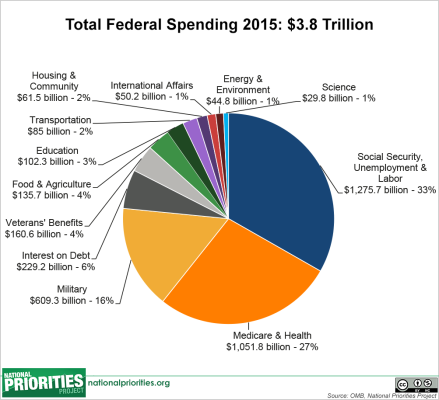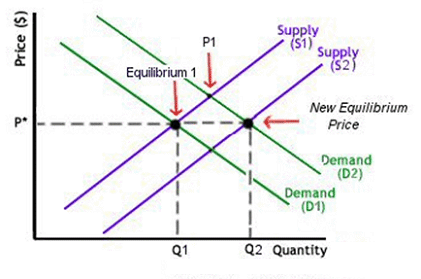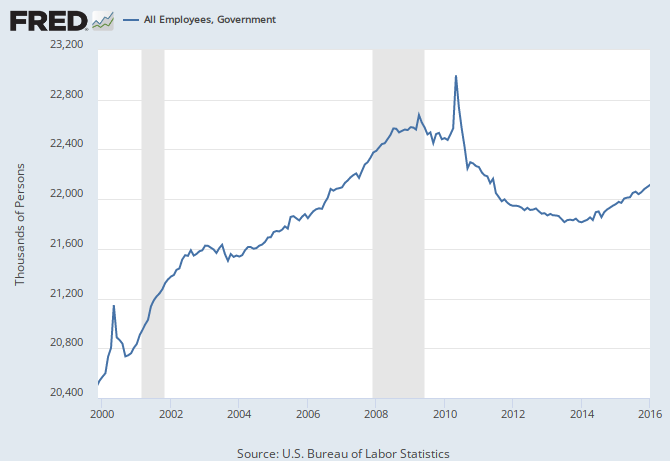- Joined
- Oct 13, 2010
- Messages
- 10,735
I'm surprised there was very little mention of "the next big thing". When the Internet got rolling, the US has budget surpluses.
What if there were a breakthrough in energy storage? Say we had something that had an energy density of 100 times our current batteries. It goes way beyond having enough juice in your phone or other electronic gizmos that they no longer even come with a charging cord (battery for the life of the product). Personal quadcopters anyone? The proverbial yet evasive "flying car"! So many things would change because so many things wouldn't make sense anymore. And even more things that we can't imagine would suddenly become possible. I'm not saying that an energy density breakthrough is what's most likely to happen, but I think something will come along...innovation is lumpy.
What if there were a breakthrough in energy storage? Say we had something that had an energy density of 100 times our current batteries. It goes way beyond having enough juice in your phone or other electronic gizmos that they no longer even come with a charging cord (battery for the life of the product). Personal quadcopters anyone? The proverbial yet evasive "flying car"! So many things would change because so many things wouldn't make sense anymore. And even more things that we can't imagine would suddenly become possible. I'm not saying that an energy density breakthrough is what's most likely to happen, but I think something will come along...innovation is lumpy.






